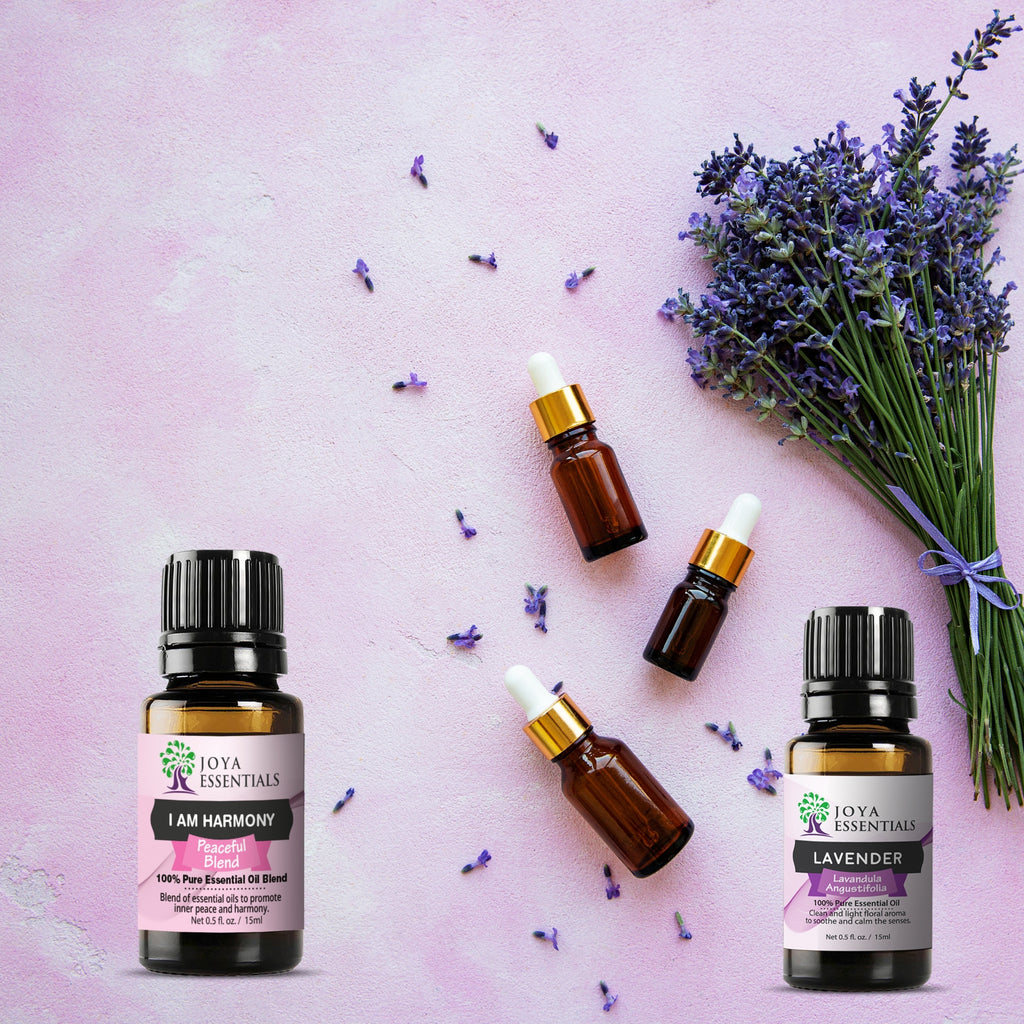Essential Oils 101


What are Essential oils?
Essential oils are highly concentrated compounds extracted via the distillation of plant parts. The most common types of distillation are steam distillation and CO2 extraction. The raw plant material is collected and then distilled through steam, resulting in a pure essential oil that feels rather watery, although they do vary greatly in consistency and viscosity, as some oils are thicker than others. In essence, essential oils contain a concentrated form of many different chemical components that occur naturally in the plant. The essential oil of the plant is the immune system or life force of the plant, which provides the plant with the nutrients and protects it against diseases and infections and allows it to heal itself. Similarly, the essential oils which are composed of many therapeutic properties, give us the same ability to promote healing of the mind, body and spirit.
How do essential oils work?
Essential oils are made up of naturally occurring chemical compounds that come in the form of tiny molecules. Because the oils are made up of very small molecules and contain naturally occurring compounds, it is easier for our bodies to recognize these components more readily and enable them to penetrate deeper layers of the skin, promoting the body to heal at a deeper level. For this reason, essential oils have been clinically shown to be effective at treating many different ailments with great results. However, because essential oils are very concentrated, they need to be diluted with a carrier oil before applying topically on the skin.
How do I get started using essential oils?
The easiest and simplest way to start using essential oils is to diffuse them. There are many diffuser out there but our favorites are the ultrasonic diffusers which use water or nebulizing diffusers which diffuser straight oil. Diffusers allow for the essential oils to be broken down into smaller particles and dispersed into the air. As you breathe them in, these particles enter your respiratory system and allow them to do their healing work.
Diffusers can be used in a room, home or office or any space you wish to purify the air in. Using a diffuser in the home has many therapeutic benefits and your home will smell lovely, as many essential oils have a deodorizing effect! Essential oils also have purifying, antibacterial and antiviral properties that can help keep germs at bay.
You can also use essential oils diluted in a carrier oil and applied in a massage or to an area of concern.
Can I take essential oils internally?
Although our essential oils are of medicinal quality, pure and do not contain any adulterants or synthetics, we only recommend internal use of essential oil under the guidance and direction of an experienced and licensed aromatherapist or physician with related essential oil training.
As a business member of the National Association for Holistic Aromatherapy, we endorse proper and responsible use of essential oils.
Warning by The National Association of Holistic Aromatherapy (NAHA)
Some oils are associated with toxicity problems (e.g. a risk of accumulative effects), and so internal use is not entirely hazard or risk-free.
How do I dilute essential oils for topical use?
As a general rule, essential oils are diluted best with a carrier oil such as Jojoba, coconut, baobab or tamanu or any other carrier of your choice. To dilute, simply use between 5-6 drops of essential oil per 2 tablespoons of carrier oil or about 1oz of carrier. Or you can use 3 drops essential oil to 1 tablespoon (about 1/2 oz) of carrier oil. You can also use the same measures to blend into unscented lotion or butters such as shea or cocoa butter. For a more details on how to dilute essential oils safely see our dilution chart.
How do I store essential oils?
Essential oils are best kept tightly closed in a cool and dark room, away from oxygen, heat and sunlight. If the oil starts to smell foul or very different than its originally aroma, then it most likely has oxidized. Do not use oxidized oils as they can be irritating to the skin. If in doubt, it is best to discard them.


